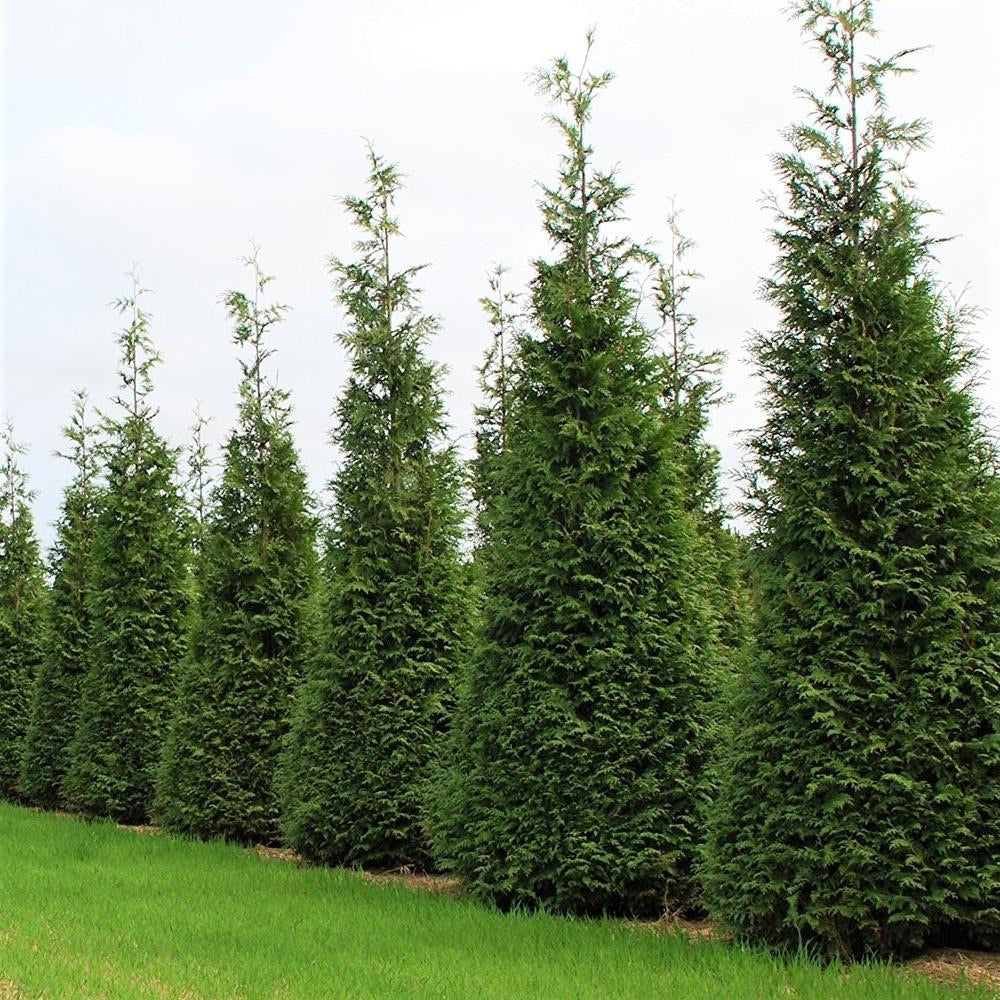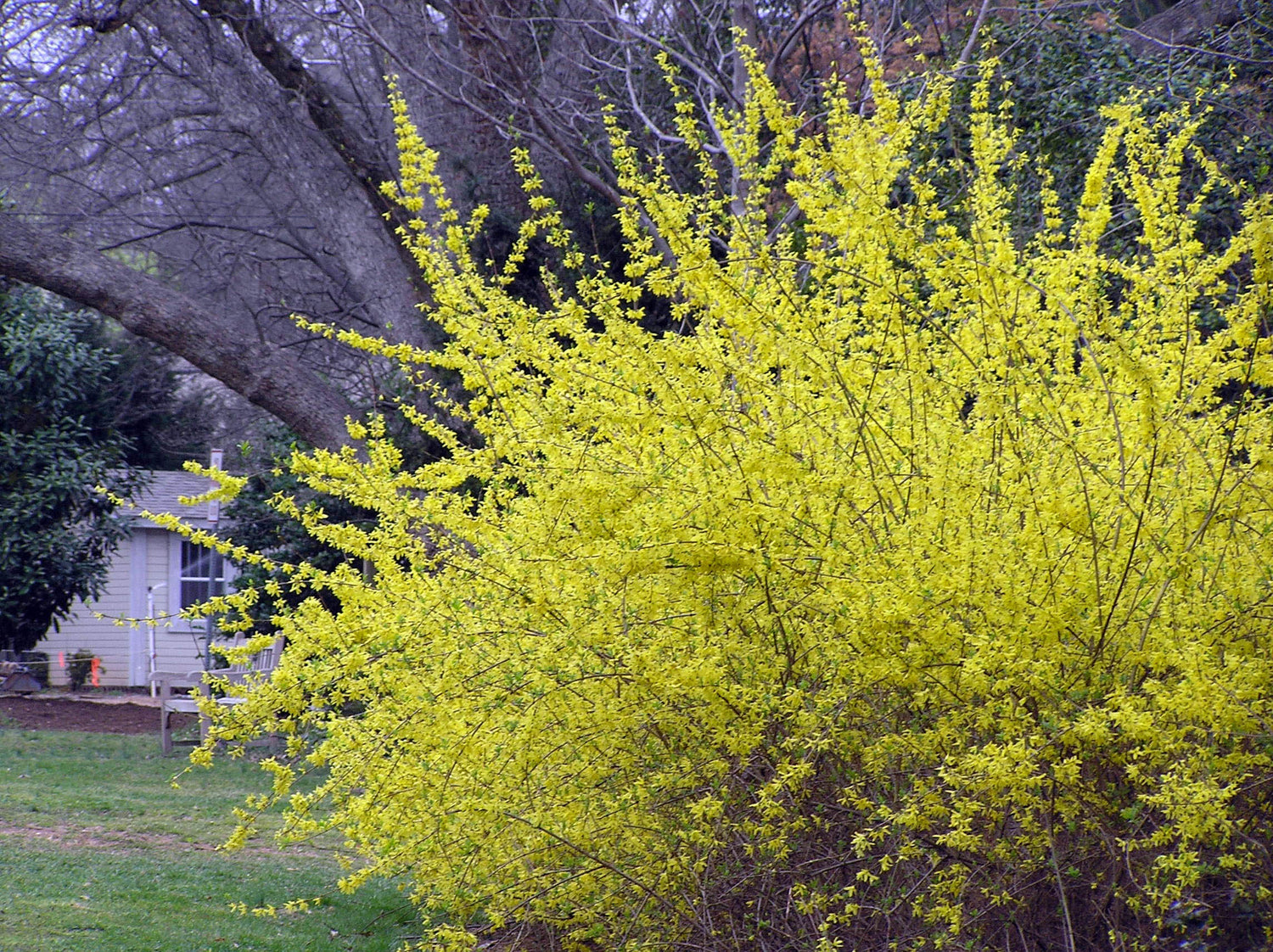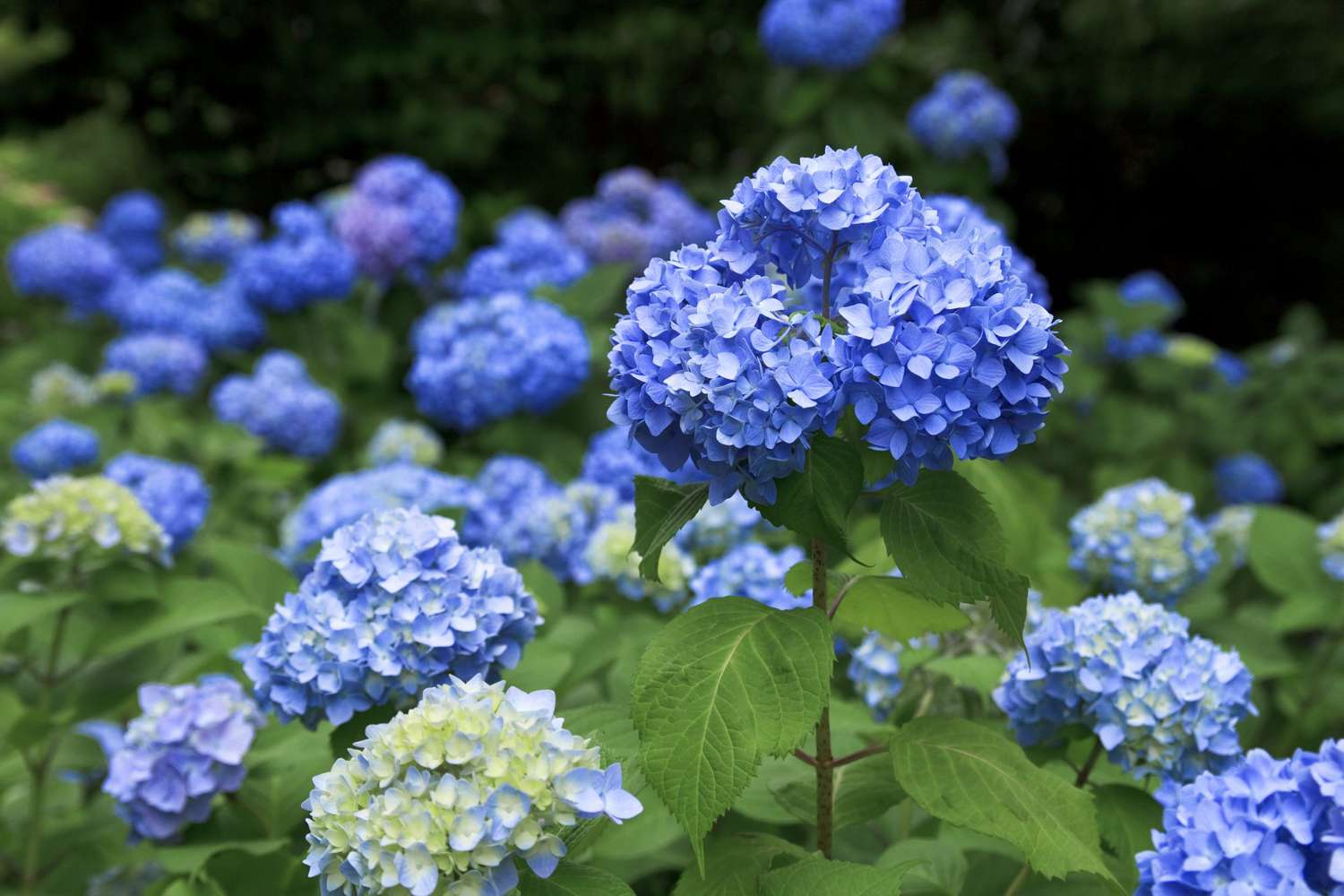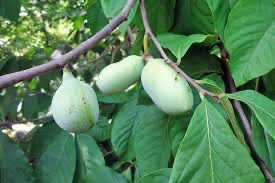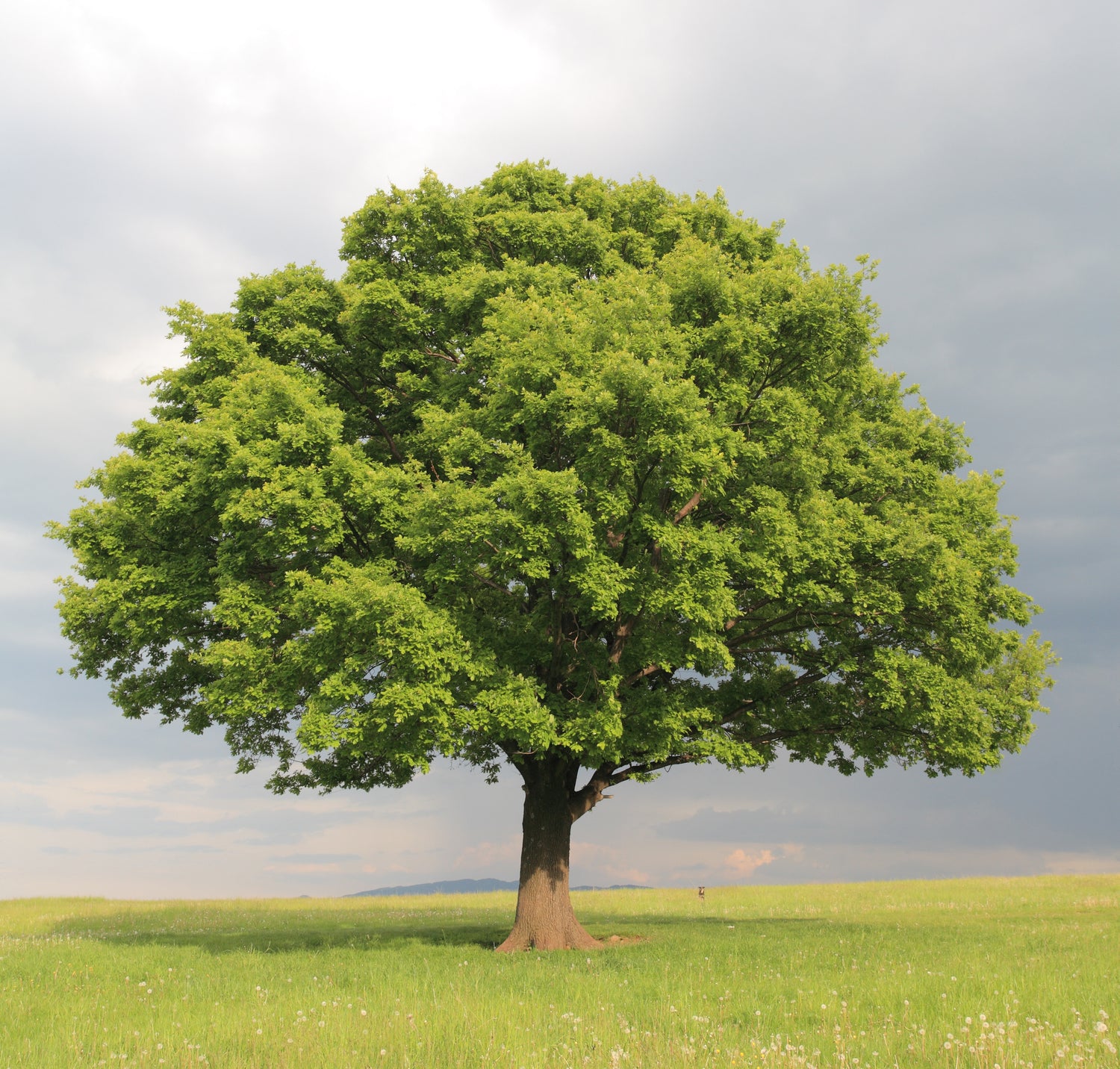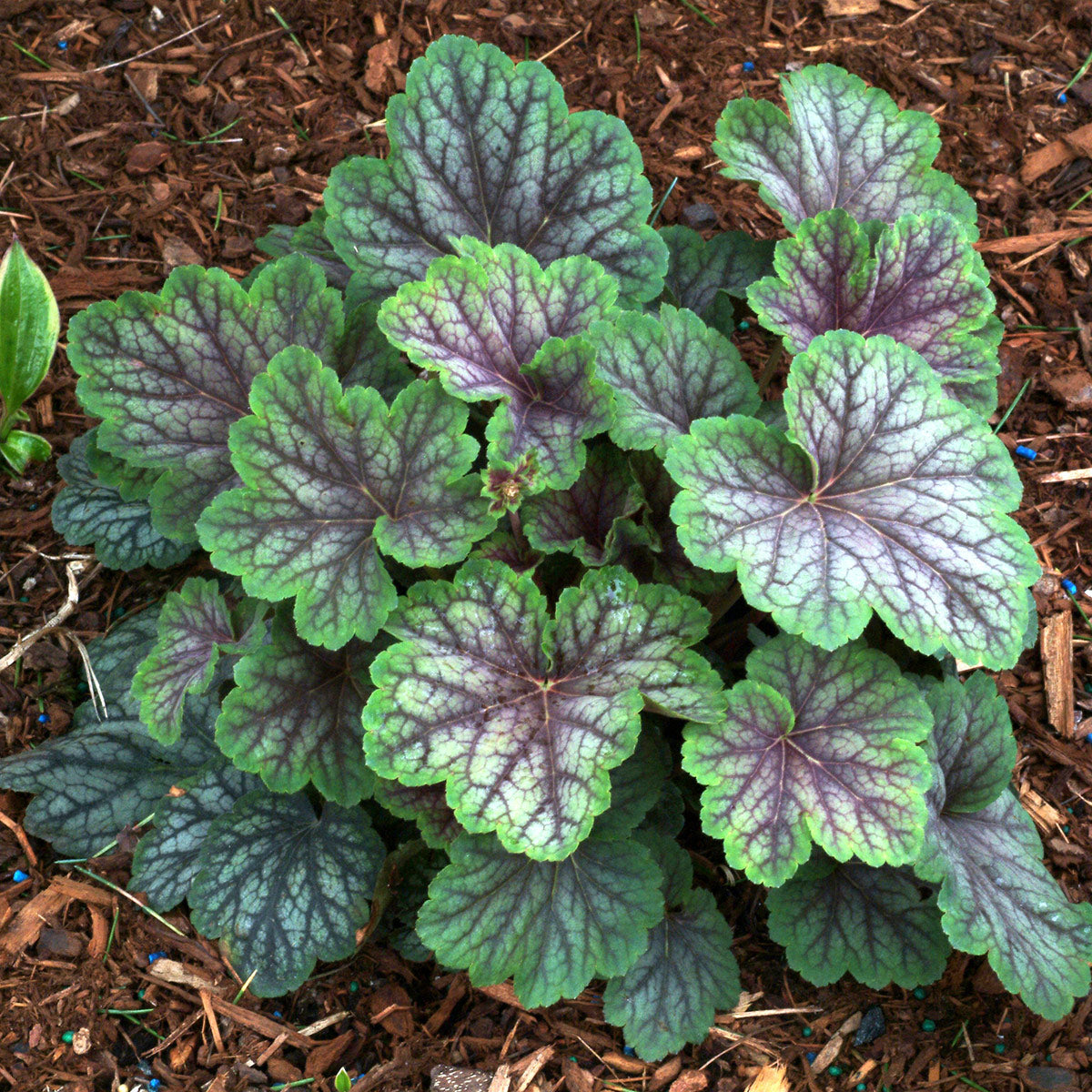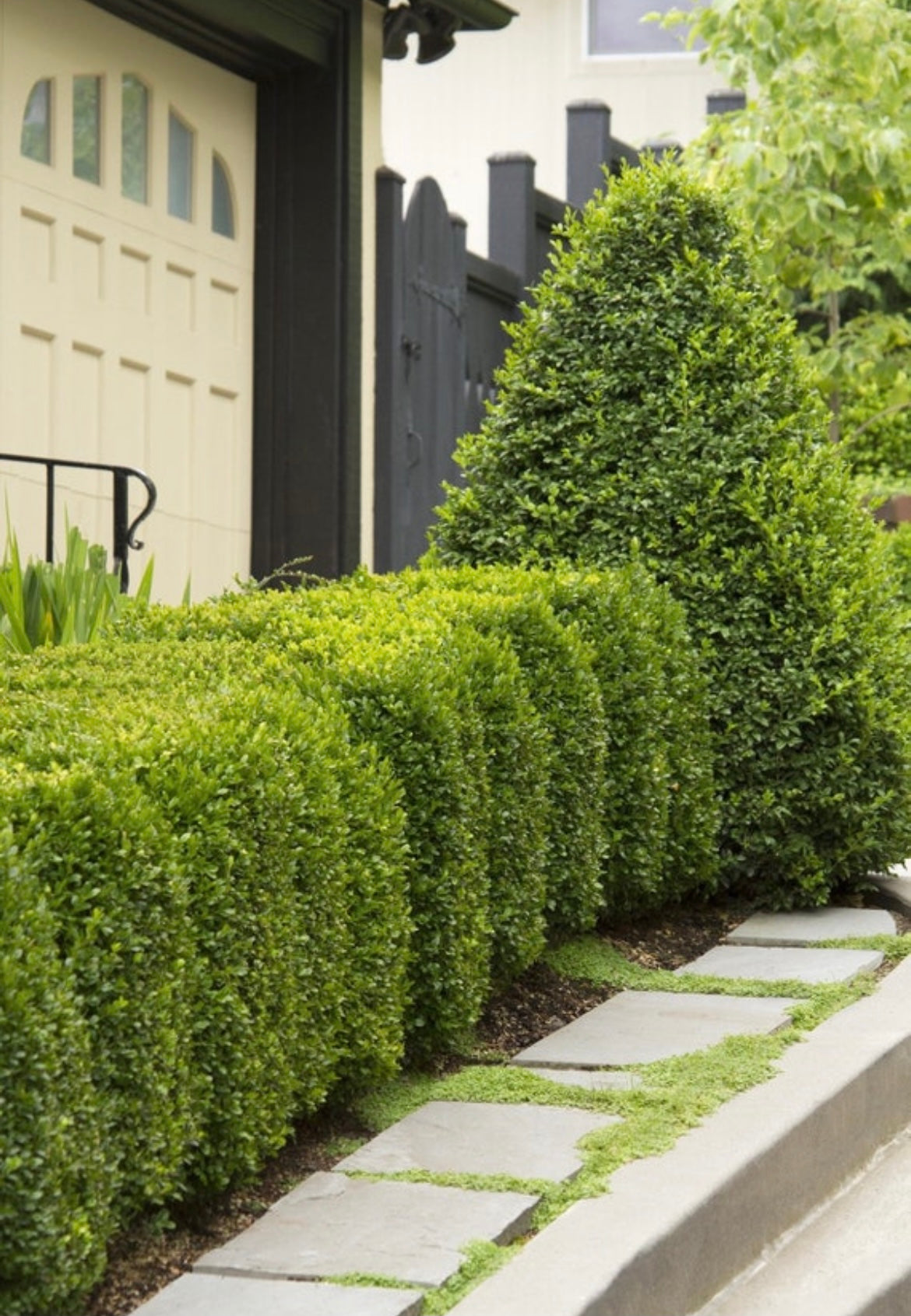
If you’re looking for a unique twist on homebrewing, elderberry beer might just be your next favorite brew. Elderberries, known for their deep, rich flavor and natural health benefits, have been used for centuries in everything from jams to teas—and now they’re making a splash in the world of craft beer.
Whether you're a seasoned brewer or just starting out, brewing with elderberries offers a fun and flavorful way to experiment with new ingredients. Their tart and slightly sweet taste pairs well with a variety of beer styles, creating a delicious beverage that stands out from the usual hops-heavy options.
Brewing elderberry beer not only adds complexity to your drink but also gives you a reason to grow your own elderberries at home. If you’ve ever thought about having fresh elderberries within arm’s reach, check out our American Elderberry plants to start your own homegrown brewing adventure.

What Does Elderberry Taste Like in Beer?
Elderberries bring a unique flavor to beer that sets them apart from other fruit-infused brews. Their natural taste is a combination of tart, earthy, and slightly sweet notes, which can add a deep richness to your homebrew. When fermented, elderberries develop a more complex profile, offering hints of dark fruit, such as blackberries and currants, with a subtle wine-like undertone.
The flavor intensity can vary depending on how they’re used in the brewing process. Adding elderberries during fermentation enhances the beer's tartness and aroma, while incorporating them during the boil can create a smoother, more mellow fruitiness.
If you're looking for a beer with a bold, slightly tangy flavor that isn’t overpowering, elderberry beer is a fantastic choice. It pairs well with malty or lightly hopped styles, making it an excellent addition to porters, stouts, and farmhouse ales.
Thinking of growing your own elderberries for brewing? Our American Elderberry plants provide a fresh and flavorful supply right from your backyard. Plus, elderberries aren’t just great for beer—they’re also perfect for syrups, jams, and other homemade goodies.
Can You Make Beer from Elderberries?
Yes, you absolutely can make beer from elderberries, and it’s easier than you might think. Elderberries have been used in brewing for centuries, adding a unique flavor and natural color to beers. Whether you're an experienced homebrewer or just getting started, elderberries can take your beer to the next level with their rich, tart taste and deep purple hue.
How Elderberries Are Used in Brewing
Brewing with elderberries typically involves adding the fruit during different stages of the process to achieve varying flavors and aromas. Some popular methods include:
- During the Boil: Adding elderberries during the brewing stage can help extract their tartness and infuse the beer with a deep, fruity essence.
- During Fermentation: Many brewers prefer adding elderberries after primary fermentation to retain more of their fresh, vibrant flavors and color.
- As a Syrup Addition: Some brewers create an elderberry syrup and add it directly to the beer before bottling for a burst of flavor.
Regardless of how you incorporate them, elderberries bring a unique character that complements a wide range of beer styles.
What Styles of Beer Work Best with Elderberries?
Elderberries are incredibly versatile and can enhance several types of beer, including:
- Porters and Stouts – Their deep, rich flavor pairs beautifully with dark, malty beers.
- Farmhouse Ales and Saisons – Elderberries add a fruity complexity that balances the spicy, earthy notes of these styles.
- Wheat Beers – The light body of wheat beer allows the tartness of elderberries to shine through.
- Ciders and Fruit Beers – Elderberries blend well with other fruits, creating a refreshing, slightly sweet beverage.
If you're considering making your own elderberry beer, growing your own elderberries ensures the freshest ingredients. Explore our American Elderberry plants to start your homebrewing journey from the ground up.
Elderberry Beer Recipe – How to Brew at Home
Brewing elderberry beer at home is a fun and rewarding experience that brings a unique twist to your usual homebrewing routine. Elderberries add a rich, tart flavor and a beautiful deep purple color to the final product, making it stand out from traditional brews. Whether you prefer a light, fruity beer or something darker and richer, elderberries can be adapted to fit your style.
Ingredients You'll Need
Before getting started, gather the following ingredients:
- 6-8 lbs of malted barley (pale ale or wheat malt works well)
- 1-2 lbs of elderberries, fresh or dried (make sure they’re fully ripe and de-stemmed)
- 1-2 oz of hops (choose mild hops like Fuggle or Hallertau for balance)
- 1 packet of ale yeast, such as Safale US-05 or a Belgian-style yeast for added complexity
- 5-6 gallons of water
- 1-2 lbs of honey or sugar (optional for added sweetness and higher alcohol content)
Looking to grow your own elderberries for fresh ingredients? Our American Elderberry plants are perfect for homebrewers who want control over their ingredients.
Step-by-Step Brewing Process
-
Prepare the Elderberries
- If using fresh elderberries, rinse them thoroughly and remove all stems (as they contain toxic compounds).
- Lightly crush the berries to release their juices without breaking the seeds, which can add bitterness.
-
Mashing the Grains
- Heat water to around 150-155°F and add the malted barley.
- Let it steep for about an hour, stirring occasionally to extract the sugars.
- Strain the grains and collect the wort (sweet liquid that will become beer).
-
The Boil
- Bring the wort to a rolling boil and add the hops gradually.
- Midway through the boil, add the crushed elderberries to allow their flavor to infuse into the wort.
- Boil for about 60 minutes, then cool the wort quickly to prevent contamination.
-
Fermentation
- Transfer the cooled wort to a sanitized fermenter and pitch (add) the yeast.
- Let it ferment for 1-2 weeks at a steady temperature (around 65-70°F).
- If desired, add more elderberries during secondary fermentation for enhanced flavor and aroma.
-
Bottling and Aging
- Once fermentation is complete, transfer the beer to bottles, adding a bit of priming sugar to carbonate.
- Let the bottles sit for another 2-3 weeks before enjoying your homemade elderberry beer.
If you’re new to brewing, learning how to care for your elderberry plants is key. Check out our guide on how to care for your new tree to ensure a bountiful harvest for your future brews.
Elderflower Beer vs. Elderberry Beer – What’s the Difference?
When it comes to brewing with elder plants, both elderflowers and elderberries can add unique flavors to beer. While they come from the same plant, they bring very different characteristics to the brewing process. Understanding the differences between elderflower beer and elderberry beer can help you decide which one suits your taste and brewing style best.
Flavor Profiles: Sweet vs. Bold
- Elderflower Beer – Elderflowers have a light, floral, and slightly sweet flavor with hints of honey and pear. They’re often used in lighter beers, such as saisons, wheat beers, and lagers, adding a refreshing and aromatic touch.
- Elderberry Beer – Elderberries, on the other hand, provide a tart, earthy, and deep fruit flavor with a touch of sweetness. They’re perfect for darker styles like porters and stouts but can also be used in ales and fruit-forward beers for a bolder taste.
Appearance: Light and Golden vs. Dark and Rich
- Elderflower Beer – Produces a pale golden color, enhancing the beer with a subtle floral hue.
- Elderberry Beer – Imparts a deep purple or reddish tint, making for a visually striking brew with a bold presentation.
Brewing Process: When to Add Them
While elderflowers are typically added during the boil to extract their delicate aroma, elderberries are more commonly introduced during fermentation to preserve their rich flavor. Some brewers even combine both for a layered, complex beer that offers the best of both worlds.
If you’re looking to grow elderberries for home brewing, check out our American Elderberry plants, perfect for a homegrown supply of fresh elderberries for your next batch.
Which Should You Choose?
Choosing between elderflower and elderberry beer depends on your flavor preference and brewing goals. If you prefer light, floral, and crisp beers, elderflowers are the way to go. If you’re after a more robust, fruit-forward flavor with a touch of tartness, elderberries will be your best bet.

Elderberry Cider – A Fruity Alternative to Beer
If beer isn’t quite your thing, but you love the idea of brewing with elderberries, then elderberry cider might be the perfect option. Elderberries bring a bold, fruity depth to cider, offering a deliciously tart and slightly sweet drink that’s both refreshing and full of character. Whether enjoyed chilled on a summer day or as a cozy winter drink, elderberry cider is a versatile beverage that stands out from traditional apple-based ciders.
What Makes Elderberry Cider Special?
Unlike apple cider, which tends to be sweet and crisp, elderberry cider has a more complex flavor profile with notes of:
- Tartness that balances the natural sweetness of the apples or other fruits used.
- A rich, earthy undertone that adds depth to each sip.
- Subtle floral hints that complement the fruitiness beautifully.
How to Make Elderberry Cider at Home
Brewing elderberry cider at home is a fun and rewarding process. The basic steps include:
-
Gather Your Ingredients
- Fresh or dried elderberries (about 2 lbs per gallon)
- Apple juice or fresh-pressed apples
- Cider yeast or champagne yeast for fermentation
- Sugar or honey (optional for extra sweetness)
- Water
-
Fermenting Your Cider
- Combine elderberries and apple juice in a fermenter.
- Add yeast and let the mixture ferment for 1-2 weeks in a cool, dark place.
- Once fermentation is complete, rack the cider to remove sediment.
-
Bottling and Aging
- Transfer the cider into bottles, adding a small amount of sugar for carbonation.
- Let it age for a few weeks to develop more complex flavors before enjoying.
For those interested in growing their own elderberries for a fresh supply, take a look at our American Elderberry plants, perfect for homegrown brewing ingredients.
Pairing Elderberry Cider with Food
Elderberry cider pairs well with a variety of foods, from savory to sweet. It complements:
- Aged cheeses, such as cheddar and gouda.
- Roasted meats like pork and chicken.
- Desserts featuring dark chocolate or berries.
Elderberry Beer vs. Elderberry Cider: Which One to Choose?
If you’re torn between brewing elderberry beer and elderberry cider, consider the differences. Elderberry beer tends to be more robust and pairs well with hearty meals, while elderberry cider is lighter, fruitier, and perfect for casual sipping.

What Other Fruits Can You Brew Beer From?
While elderberries bring a bold, tart flavor to beer, they’re not the only fruit that can enhance your homebrewing experience. Many fruits can be used to create unique, flavorful beers that add sweetness, complexity, and visual appeal. Whether you’re experimenting with seasonal flavors or looking for something refreshing, incorporating fruit into your brew can take it to the next level.
Fruits That Pair Well with Beer
If you're interested in branching out beyond elderberries, consider these popular fruit options:
- Apples – Crisp and slightly sweet, apples are perfect for lighter beer styles like wheat beers and blonde ales. They also work well in cider-style beers for a refreshing twist. Check out our selection of apple trees to grow your own fresh apples at home.
- Pears – With their smooth sweetness and delicate flavor, pears add a light and fruity touch to saisons and farmhouse ales. They create a subtle, well-balanced brew that's perfect for summer. Explore our collection of pear trees to start growing your own.
- Honeyberries – A lesser-known but fantastic brewing fruit, honeyberries offer a tangy-sweet flavor similar to blueberries and raspberries. They’re excellent for adding depth to fruit beers and stouts. Discover more about our honeyberry plants.
- Raspberries – These vibrant, tangy berries bring a refreshing tartness to beer, making them a popular choice for summer brews.
- Peaches – Their soft, juicy sweetness pairs beautifully with IPAs and sour beers, adding a rich fruit character without overpowering the hops.
- Plums – Offering a deep, wine-like flavor, plums complement darker beer styles such as porters and stouts, adding a rich, slightly tart character.
Looking to experiment with different fruit flavors? Our wide selection of fruit-bearing trees makes it easy to start growing your own ingredients right at home.
How to Use Fruit in Brewing
Adding fruit to beer can be done in several ways, depending on your desired flavor profile:
- During the Boil – Adding fruit during the brewing stage helps extract flavors and blend them evenly into the wort.
- During Fermentation – Introducing fruit during secondary fermentation can enhance fresh flavors and preserve the fruit's natural characteristics.
- Using Purees or Syrups – Pre-made fruit purees and syrups provide consistent flavors and can be added at various stages.
Pairing Elderberries with Other Fruits
Elderberries pair exceptionally well with a variety of fruits, creating complex and layered flavors. Some delicious combinations include:
- Elderberries and Apples – A perfect balance of tart and sweet, ideal for crisp, refreshing brews.
- Elderberries and Pears – A light and fragrant blend that complements farmhouse-style ales.
- Elderberries and Honeyberries – A unique combination that brings out rich, deep flavors with a hint of tartness.
If you’re excited to try brewing with elderberries, growing your own is a great way to ensure fresh ingredients for every batch. Our American Elderberry plants make it easy to enjoy homegrown fruit for your brewing projects.
Growing Your Own Elderberries for Brewing
If you're serious about brewing elderberry beer, there's no better way to ensure a fresh, high-quality supply than by growing your own elderberries at home. Not only does this provide an endless source of fresh fruit for your brewing experiments, but it also allows you to enjoy the beauty and benefits of having an elderberry bush in your yard.
Why Grow Your Own Elderberries?
Homegrown elderberries offer several advantages, including:
- Freshness and Quality – Store-bought elderberries can’t compare to the flavor of freshly picked fruit. Growing your own ensures you're using the best quality berries for your beer.
- Cost Savings – Once established, elderberry bushes produce fruit year after year, saving you money compared to buying berries from suppliers.
- Sustainability – Growing your own means reducing reliance on commercial farming and enjoying a more eco-friendly brewing process.
Our American Elderberry plants are perfect for home brewers looking to cultivate their own supply of fresh elderberries right in their backyard.
How to Grow Elderberries for Brewing
Elderberries are surprisingly easy to grow and require minimal maintenance once established. Here are a few tips to help you get started:
- Choose the Right Location – Elderberries thrive in full sun to partial shade with well-drained, moist soil.
- Plant Multiple Bushes – Planting more than one elderberry bush helps with pollination and leads to larger berry yields. Learn more about spacing from our guide on how close together to plant your trees.
- Regular Pruning – Pruning older canes encourages new growth and better fruit production. Check out our tree care guide for more tips.
- Consistent Watering – While elderberries are drought-tolerant, they produce the best fruit with regular watering, especially during dry spells.
Growing elderberries is rewarding not just for beer-making but also for their versatility in jams, teas, and syrups. If you're looking to expand your edible garden, consider adding other fruit trees like apples, pears, or honeyberries to complement your brewing ingredients.
Pairing Elderberry Beer with Food
Elderberry beer isn’t just unique in flavor; it’s also incredibly versatile when it comes to food pairings. The tart, slightly sweet, and earthy notes of elderberry beer make it a great match for a variety of dishes, from rich, hearty meals to light, refreshing fare. Whether you're enjoying a casual backyard barbecue or a gourmet dinner, elderberry beer can complement your menu beautifully.
Best Food Pairings for Elderberry Beer
- Aged Cheeses – The bold, tangy flavors of elderberry beer pair wonderfully with aged cheeses like sharp cheddar, gouda, or blue cheese. The beer’s acidity cuts through the richness, creating a well-balanced bite.
- Grilled Meats – Whether it’s smoked ribs, barbecue chicken, or grilled sausages, the tartness of elderberry beer complements the smoky, savory flavors of meats perfectly.
- Savory Roasts – Elderberry beer pairs nicely with roasted pork, lamb, or duck, enhancing the natural sweetness of the meat while balancing the richness.
- Dark Chocolate Desserts – The deep, fruity notes of elderberry beer work exceptionally well with dark chocolate, making it a fantastic companion for brownies, cakes, or chocolate-covered berries.
- Fruit-Based Salads – A light salad with pears, apples, or berries dressed in a tangy vinaigrette pairs beautifully with the subtle sweetness and tartness of elderberry beer.
Looking to grow your own ingredients to complement your homebrew? Consider adding fruit trees like apple trees or pear trees to your garden for fresh, homegrown pairings.
Serving Tips for the Best Experience
To fully enjoy the flavors of elderberry beer, consider these serving tips:
- Serve Chilled but Not Too Cold – A temperature of around 45-50°F allows the fruity and earthy flavors to shine without being muted by excessive cold.
- Use the Right Glassware – A tulip glass or snifter works best for capturing the beer’s aroma and allowing for a fuller flavor experience.
- Pair Thoughtfully – Match the intensity of your food with the beer; heavier dishes work well with bold elderberry beer, while lighter meals pair better with fruit-forward brews.
If you're interested in crafting your own elderberry beer at home, growing your own elderberry bush ensures a steady supply of fresh berries. Our American Elderberry plants make it easy to get started.





